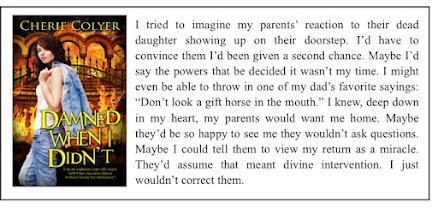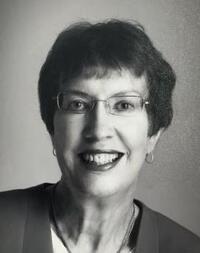What inspired you to write this book?
As often happens with me, it took the combination of two ideas to create the spark. I saw a French film about a chauffeur and noticed that his job involved a lot of waiting time, so I thought it would be a good fit for someone who loved to read. The character of Mary Claire came to me, through a process I can’t explain, pretty much the way she is in on the page, right down to her brothers’ names and fates. I brought the two characters together, and they took it from there. The tone, more old-fashioned and formal than my other novels, was largely due to my reading classic novels, including Barchester Towers by Anthony Trollope, before I began writing it.
Tell us about a book that stayed with you long after you finished reading it.
A Stolen Life by Jaycee Dugard. I think it gave me PTSD the first time I read it. For a while afterward, I couldn’t seem to read or write anything except captivity stories. One of them, Rumpelstiltskin, was published in Eclectica and can be found here: https://www.eclectica.org/v22n2/griffin.html (Reader discretion advised!) I even wrote a science fiction story about traveling back in time to rescue Jaycee. I admire her so much for choosing to live a positive, purposeful life.
Tell us something about yourself and how you became an author.
My very first Dick and Jane reader ignited my passion for the written word. I read it out loud to everyone in the house, including two captive kittens, one under each arm, and then I read it backwards. As soon as I figured out that somebody had to create the words I was reading I knew I wanted to be a “book maker” when I grew up. I wrote my first story, “Judy and the Fairies,” with a plot stolen from a Little Lulu comic book, at the age of six and never looked back.
On the drive to Brierly Station, he didn’t speculate about who Miss DeWinter might be. It wasn’t his job to know who she was, only to meet her train and take her safely back to Westfield Court. She wouldn’t be the last of the friends and relatives who would gather as the old man’s life came to its long-awaited and peaceful end.
Brierly was bustling today, as restless as the St. James household. He was in plenty of time for the train and sat in the car reading. The car was a Bentley Mark VI, as well-maintained and highly polished as it was the day it was purchased. The book he was reading was Thomas Hardy’s The Return of the Native.
When the train rumbled in, he got out of the car. He stood patiently on the platform as the passengers disembarked, holding up a small slate on which he had chalked DEWINTER in large capitals. There weren’t many passengers, but they were briefly delayed while the conductor helped a blind woman navigate the steps. Neil’s gaze fell expectantly on a woman in her thirties, with an awful hat, but she was immediately met by a portly man and a teenage boy. No other likely prospects appeared, and he waited for someone to respond to the sign. No one did.
Finally, only two passengers were left on the platform—a small, homely man and the blind woman. Blind girl, really. She couldn’t be more than twenty. She had a jointed white cane, and her large sunglasses didn’t cover the edges of the scars on her face. She would not have been beautiful even without the scars—too thin, for starters, of average height but with small bones. On the other hand, her face might once have been pretty, and her hair was clean and shining, raven black, and well brushed. She was too pale, and the scars around her eyes were red and ugly. She looked a little lost.
Feeling foolish, he lowered the slate. “Miss DeWinter?” he asked as he approached her.
“Yes,” she said, turning toward his voice with a smile.



























